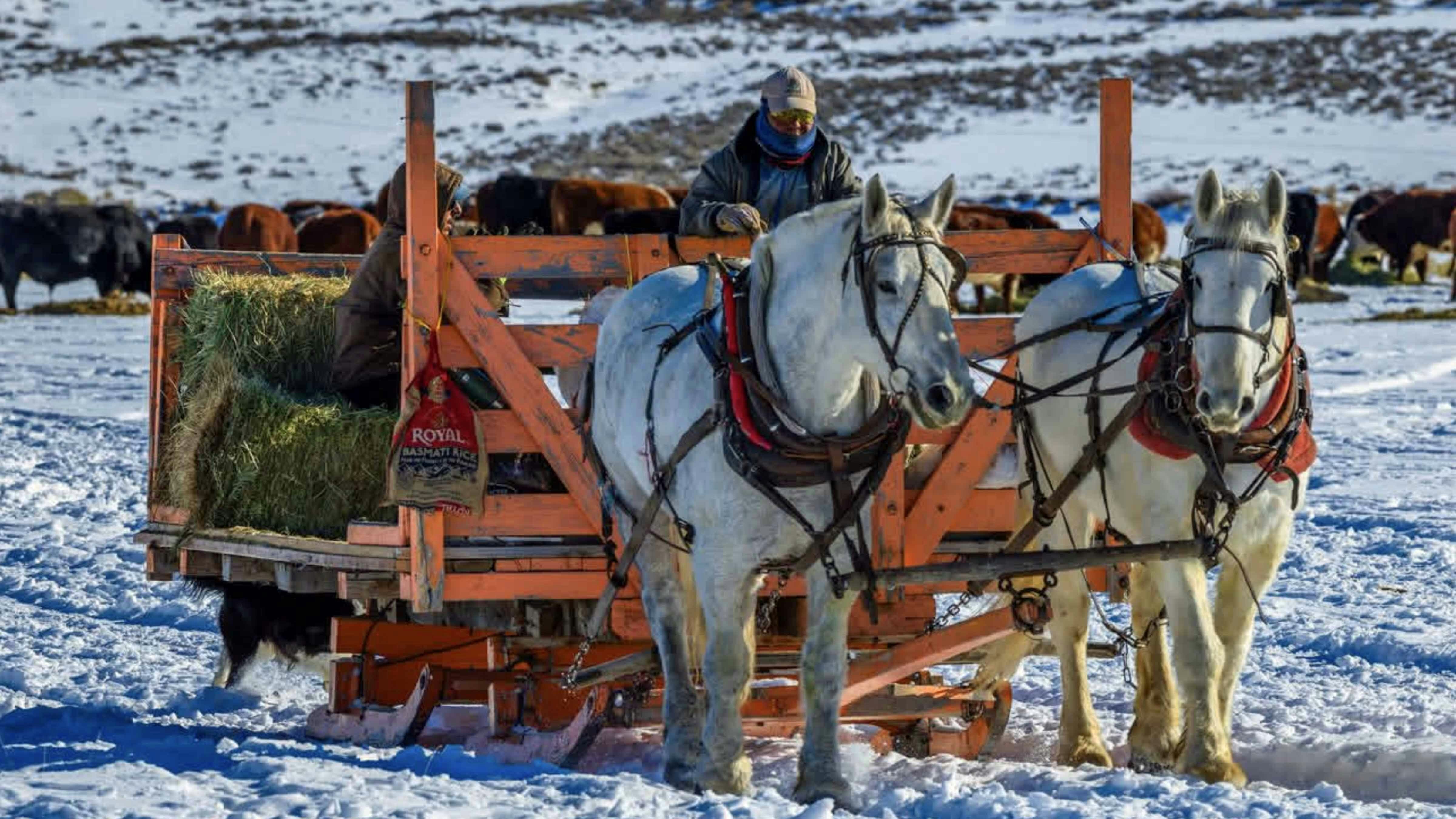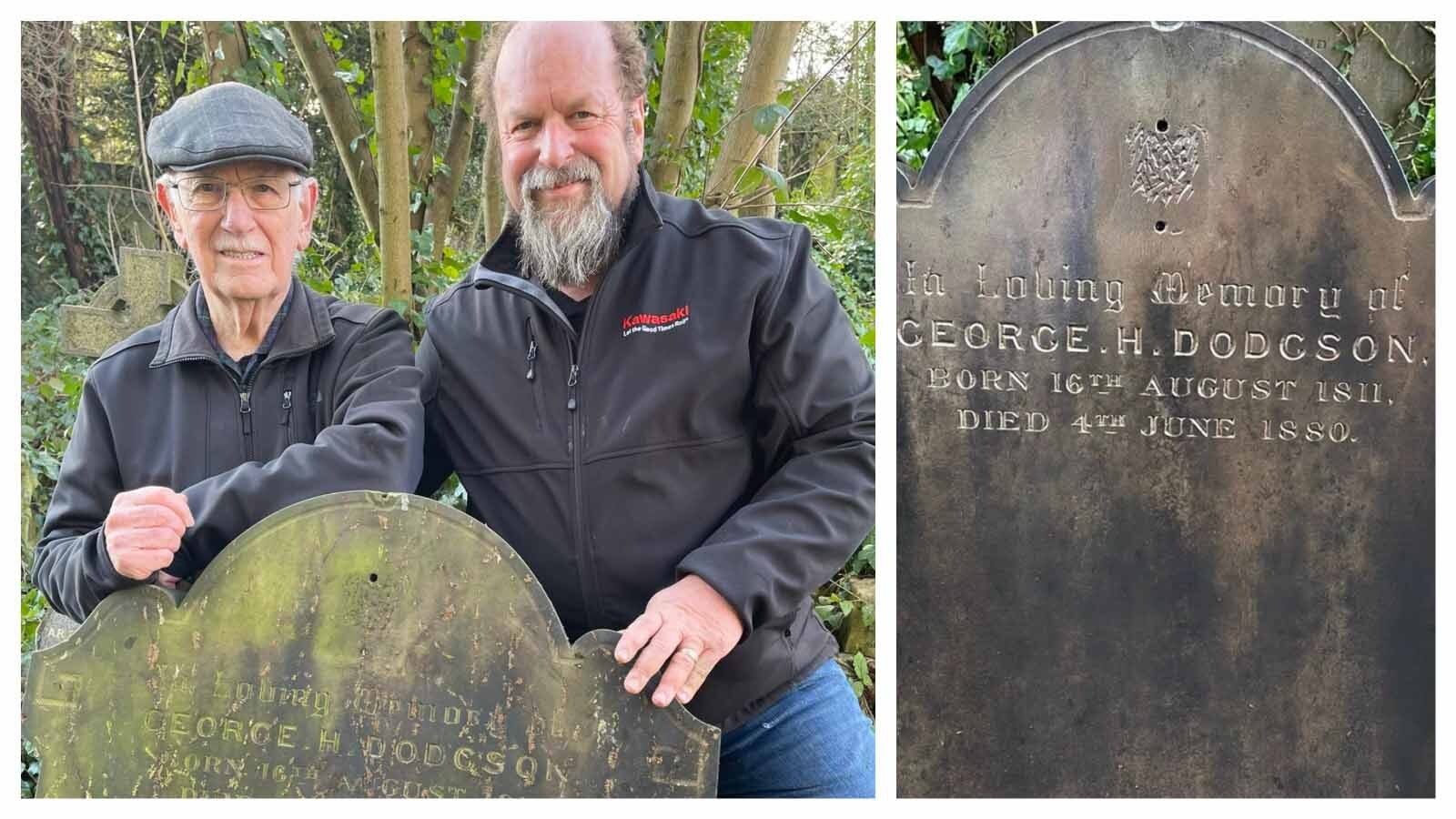In the 1800s and into the 1930s, there was no such thing as trash pick-up in the American West, and it could be a long way to any kind of public landfill, if there was one.
People then either had to dig a trash pit in their yard or use that nearby deep hole that they had already dug — the family outhouse.
Why not? It’s there to collect stuff you’re never going to want again. It was convenient and easy to everything into the outhouse pit — household trash, discarded items and bottles.
Lots and lots of bottles.
Especially on a cold morning or night, a bottle could help warm you up and pass the time sitting in the outhouse. When it was empty, down the hole it went.
This discarded junk from generations past is today’s treasure and has sparked a growing throng of collectors and history buffs to do what their ancestors would’ve never considered — dig up those old outhouse pits.
Warren Borton is one of these hobbyists. He grew up on an old homestead in Mill Creek, Wyoming, on the Wind River Reservation, and spends his free time hunting down old outhouses.
He is quick to point out that these treasure troves have been out of use for a long time, so it is dirt he is sifting through and not fresh compost. It’s long been sanitized by nature.
A Treasure Trove
A lot of stuff went down those holes, and not necessarily on purpose. But even if something you needed accidentally was dropped into the outhouse pit, chances were it was there for good.
“They would be sitting there having a cup of coffee and, if they bumped it, their mug would be knocked down the hole,” Borton said with a laugh. “They accidentally dropped stuff through the seat, but I think they also had a little trap door in the back. This way, lye could be shoveled in to cut down the smell. They also used this door for their trash.”
Borton’s hobby of over 40 years is to dig up the dirt of Wyoming’s past to discover the secrets hiding in outhouses. This treasure hunter is looking for old, rare bottles and has discovered other types of riches on the way. He has found rifles, pistols, tokens, dolls and rings. One of his favorite finds is a coin purse with a single 1907 nickel in it.
“I found a bank safe one time in Shoshoni,” Borton said. “The town had burnt down (in 1907) and they literally threw out the safe into the outhouse.”

Digging Up Outhouse Treasure
Borton does not just randomly wander around and guess where an outhouse or trash pit might be. Digging is hard work in Wyoming’s hard soil, so he consults old plats and maps to determine where the best digging might be.
“In town, if you have a 50- by 100-foot-deep lot, those outhouses are generally right on the back property line, or up the side, but they could be anywhere,” Borton said.
His favorite technique once he is searching a property is using a metal probe to look for buried bottles. The rod is a T-shaped probe with a handle about an inch in diameter. The bottle hunter shoves the probe into the ground, looking for signs that a bottle trove is beneath his feet.
“You kind of have to get a feel for it,” Borton said. “They make a sound sometimes. If you shove it through sand, there's not much sound, but once you get down in the ground, you can feel the glass. Then you know you have hit a hole worth digging.”
Ghost towns are another bonanza, and Borton has been able to dig up old coal towns that no one had ever hunted before. He has also dug up hundreds of whiskey and other “medicinal” bottles out of saloon pits.
This untouched ground is getting harder and harder to find. To gain access to these promising dig sites, Borton has spent many hours cold-calling and door-knocking. He has gotten many strange looks from people over the years when he asks to dig up their yards.
“If you think it's hard to go up and sell plain old siding or solar panels, try knocking on the door and asking to dig 6-foot-deep holes in their backyard,” Borton said. “I have had many interesting experiences.”
Most owners will not dig for bottles, and Borton’s philosophy is that if he doesn’t dig them, they may never be found. He also makes sure, especially when digging up lawns, to leave the ground just as he discovered it.
Sometimes, as in the case when he recovered 500 bottles from a trash pit in Sheridan, he has to bring in fill dirt. It’s extra work that he finds well worth it when he makes that find of a rare bottle.

The Uncovered History
When Borton discovers a bottle with a Wyoming business and town embossed on the side, he will research its history and the people it’s connected to. He has unearthed many interesting stories that way.,
“It's not just the bottle, it's the link of history going out to that person,” he said.
One example is a pint whiskey flask that Borton discovered with the name “Jack Ryan, Rawlins, Wyoming” on it.
“When I did my research on this flask, I ended up finding a picture with Jack Ryan and his brother Tom on the front steps of a saloon in Baggs with the Wild Bunch and Butch Cassidy,” he said.
The whiskey flask suddenly became more than just a mere bottle. It was part of a historical event.
“Apparently, the Wild Bunch robbed a train, stopped in Baggs to celebrate, started shooting up the saloon and Jack Ryan just kept serving them drinks,” Borton said. “At the end, they were so impressed by him just doing that, they gave him a silver dollar for every hole they shot in the place.”
Another historically valuable bottle in his collection is a pharmaceutical bottle tied to Dr. John Osbourne, Wyoming’s third governor, who once performed a crude autopsy on one of Wyoming’s most notorious outlaws.
“He was a pharmacist, and had a drug store,” Borton said. “He was the one that sawed off Big Nose George’s skull to see why he was so evil. Osbourne then made an ash tray out of George’s skull cap and used the skin off George’s back to make shoes. When Osbourne went on to be elected as governor, he said, ‘Y’all see I stand tough on crime.’”

The Hunt For Outhouses Continues
Borton has more than 1,000 bottles in his private collection and has specific bottles he is still searching for. He sells his extras on eBay, much to his wife’s relief, and has written a book about his Wyoming discoveries with their historic stories, “Wyoming Bottles, Crocks & Collectibles, 1868-1930.”
While Borton appreciates his bottles for their historic value, their monetary value comes down to supply and demand. Wyoming bottles usually range in price from $7 to $100.
“The record price for a single antique bottle is well over $100,000,” Borton said. “Those prices are generally for early Eastern bottles. For Wyoming, an extremely rare bottle could sell for a thousand dollars. It does not matter how rare a bottle is, it matters most how many collectors want it.”
Borton has been known to dig in blizzards and by flashlight, sometimes only being awarded with hundreds of nameless ketchup bottles. He maintains that the hunt and long hours digging are well worth it.
It is all about those moments when he emerges from an ancient outhouse hole with the latest rare find and a big grin on his face.
Jackie Dorothy can be reached at jackie@cowboystatedaily.com.





